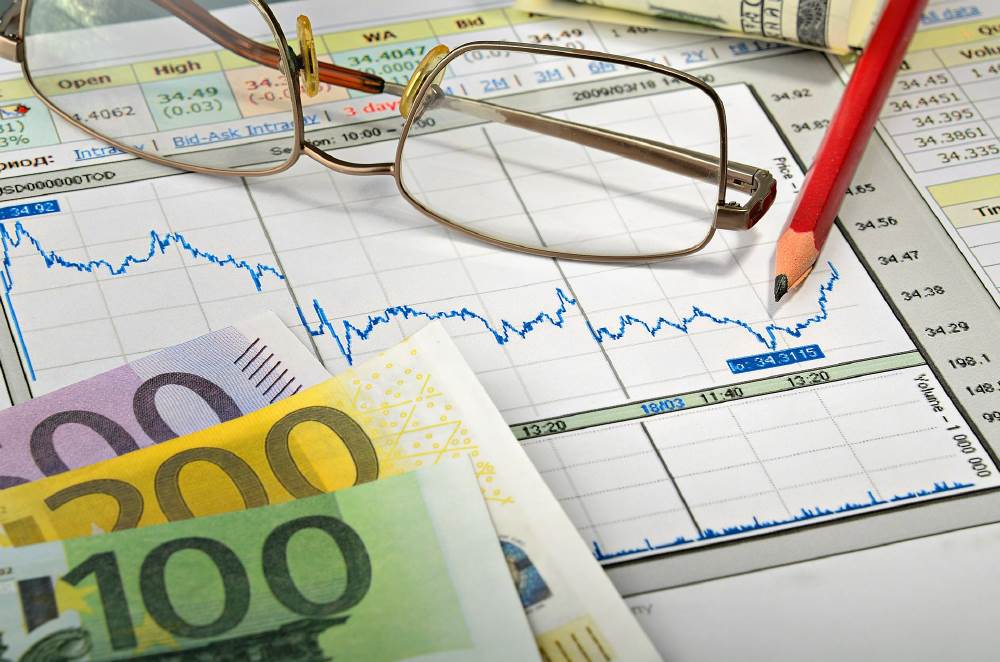The EUR/USD advanced for a second consecutive day on Friday as Greece resumed talks with its Troika of creditors, while the US dollar continued to retreat following disappointing retail sales data.
The EUR/USD climbed 0.12 percent to 1.1413, easing off an earlier high of 1.1445. The pair is pacing toward a weekly gain of 0.75 percent. Near-term support is likely found at 1.1325. On the upside, initial resistance is likely found at 1.1461. A break above this level would expose 1.15.
Talks between Greece and its international creditors resumed on Friday in an effort to keep the country financed after February 28, the deadline for the current bailout program. Eurozone finance ministers will hold a second round of talks on Monday. Negotiations broke down earlier this week after Greece and its Eurozone counterparts failed to establish common ground on a new agreement.
Meanwhile, a fresh wave of violence broke out in eastern Ukraine after European leaders agreed to a peace deal in Minsk earlier this week, as rebel forces and Ukrainian troops fought for control over the strategic town of Debaltseve.
Growing instability in Ukraine could dampen near-term support for the euro and other “riskier” assets, as investors opt for the security of safe-haven assets like gold and the Japanese yen.
In economic data, Eurozone GDP rose faster than forecast in the fourth quarter, generating cautious optimism about the region’s nascent recovery. Eurozone GDP rose 0.3 percent quarter-on-quarter and 0.9 percent annually, official data showed. The gains were spearheaded by Germany, which rebounded sharply in the fourth quarter, growing at an annual rate of 1.6 percent.
The struggling Greek economy contracted in the fourth quarter, declining 0.2 percent.
Meanwhile, US data continued to disappoint on Friday, as consumer confidence tumbled from January’s 11-year high. The Thomson Reuters/University of Michigan consumer sentiment index dipped to 93.6 in February from 98.1 in January. A median estimate of economists called for no change.
American consumers are concerned about rising oil prices and were generally less upbeat about the labour market after hearing about layoffs in the oil and gas sector. Consumers’ appraisal of the current situation declined to 103.1 from 109.3, while the barometer of future expectations decreased to 87.5 from 91.
The greenback was generally weaker across the board on Friday. The US dollar index declined further to 94.04, falling 0.05 percent. The index is down 1 point from Wednesday’s high of 95.09.
MKTPlace is a leading digital and social media platform for traders and investors. MKTPlace offers premiere resources for trading and investing education, digital resources for personal finance, news about IoT, AI, Blockchain, Business, market analysis and education resources and guides.













